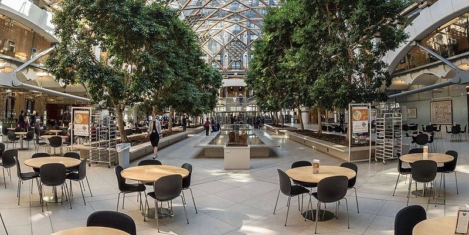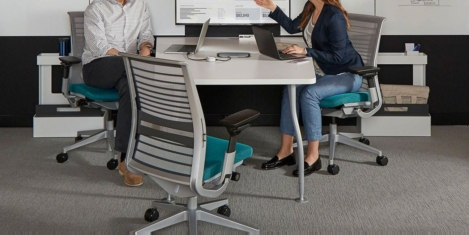May 8, 2017
Just five out of 9,000 UK employers have published gender pay gap details so far 0
 Only five out of the 9,000 eligible companies have so far reported details of their gender pay differentials on the website set up as a plank of the Government’s discourse on equality. Although the Government has confirmed that the policy does not reflect pay for comparable jobs, but wider issues, there has always been a degree of scepticism within the business community about the need for reporting. The rules oblige all private and public sector organisations with more than 250 employees to publish annual figures for both their mean and median gender income levels based on gender. They must also publish the number of men and women in each salary quartile. Reporting must be completed by April of next year, but there hasn’t been a rush to comply since the rules came into force on April 6.
Only five out of the 9,000 eligible companies have so far reported details of their gender pay differentials on the website set up as a plank of the Government’s discourse on equality. Although the Government has confirmed that the policy does not reflect pay for comparable jobs, but wider issues, there has always been a degree of scepticism within the business community about the need for reporting. The rules oblige all private and public sector organisations with more than 250 employees to publish annual figures for both their mean and median gender income levels based on gender. They must also publish the number of men and women in each salary quartile. Reporting must be completed by April of next year, but there hasn’t been a rush to comply since the rules came into force on April 6.








 The majority of UK employees recognise the importance of data literacy to their career progression, but half have never been offered any relevant training. Statistics from a study of over 3,000 UK employees shows they understand the growing significance of data within their organisation, with almost all (94 percent) of those surveyed stateing that they consider data to be important for performing their role. Data skills were ranked as fourth in a list of the most important skills for their job – with only traditional, ‘soft’ skills such as ‘communication’, ‘organisation’ and ‘people management’ ranking higher. Yet the Censuswide survey, commissioned by Tableau revealed that despite four in five professionals (84 percent) believing data skills will be important for their career progression and a similar percentage (83 percent) using data on a weekly basis as part of their role, nearly half (49 percent) say their employer hasn’t offered them any kind of data analytics training.
The majority of UK employees recognise the importance of data literacy to their career progression, but half have never been offered any relevant training. Statistics from a study of over 3,000 UK employees shows they understand the growing significance of data within their organisation, with almost all (94 percent) of those surveyed stateing that they consider data to be important for performing their role. Data skills were ranked as fourth in a list of the most important skills for their job – with only traditional, ‘soft’ skills such as ‘communication’, ‘organisation’ and ‘people management’ ranking higher. Yet the Censuswide survey, commissioned by Tableau revealed that despite four in five professionals (84 percent) believing data skills will be important for their career progression and a similar percentage (83 percent) using data on a weekly basis as part of their role, nearly half (49 percent) say their employer hasn’t offered them any kind of data analytics training.


























April 3, 2017
Brexit should be a chance for the UK to enshrine employment rights 0
by Chris Rowley • Comment, Legal news, Workplace
(more…)